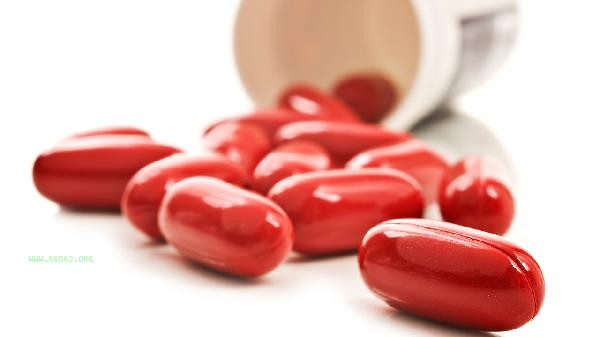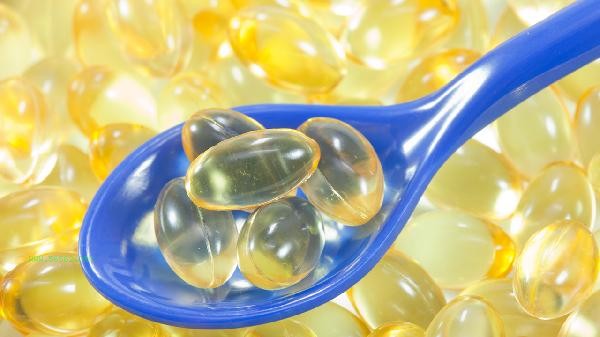Moderate supplementation of vitamin B after exercise can help promote energy metabolism and muscle recovery. The vitamin B family mainly includes vitamin B1, vitamin B2, vitamin B6, vitamin B12, etc. These components can help break down carbohydrates, proteins, and fats after exercise, relieve fatigue, and accelerate physical recovery.

1. Promote energy metabolism
Vitamins B1 and B2 are key coenzymes for carbohydrate and fat metabolism. After exercise, the body consumes a large amount of energy. Supplementing with these two vitamins can help quickly convert food into energy and reduce fatigue after exercise. Lack of it may lead to a decrease in metabolic efficiency and affect athletic performance.
2. Accelerate protein synthesis
Vitamin B6 participates in amino acid metabolism and is crucial for muscle repair. High intensity exercise can cause micro damage to muscle fibers. Timely supplementation of vitamin B6 can promote protein synthesis, help muscle tissue rebuild, and shorten the recovery period.
3. Improving neurological function
Vitamin B12 and folic acid have a protective effect on the nervous system. During exercise, the speed of nerve conduction increases. Supplementing with these vitamins can maintain normal transmission of nerve signals and prevent numbness or decreased coordination in the hands and feet after exercise.

4. Relieve oxidative stress
Vitamin B2, as a precursor to antioxidants, can neutralize free radicals generated during exercise. Intense exercise can lead to oxidative stress response, while moderate supplementation can alleviate cell damage and reduce the probability of delayed onset muscle soreness.
5. Maintaining Red Blood Cell Health
Vitamin B12 and folate are essential nutrients for hematopoiesis. Oxygen consumption increases during exercise, and these two vitamins can promote red blood cell production and improve blood oxygen carrying capacity, which is particularly important for endurance trainers.

It is recommended to obtain vitamin B through a balanced diet, with whole grains, lean meat, eggs, and dark green vegetables being good sources. Supplementing within 30 minutes after exercise is effective, but excessive intake should be avoided. Long term high-dose use may mask symptoms of other nutrient deficiencies, and special populations such as pregnant women or patients with gastrointestinal diseases should adjust their intake under the guidance of a doctor. Combining sufficient sleep and moderate stretching can more effectively improve the recovery effect of exercise.



Comments (0)
Leave a Comment
No comments yet
Be the first to share your thoughts!